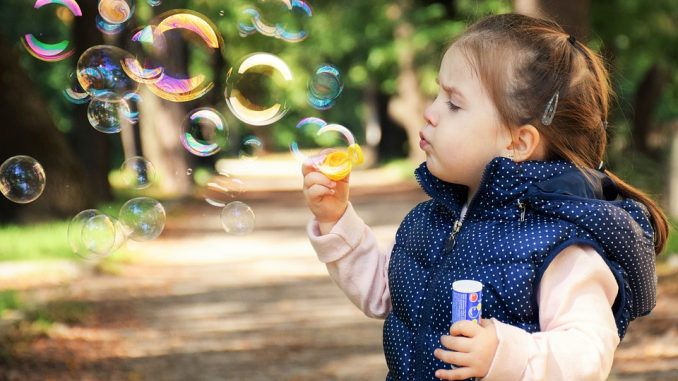
Dehydration occurs when the body consumes or loses more liquids than it receives. Dehydration can affect anyone, including babies. Usually, liquids are brought into the body through what we drink and eat. However, diarrhea, vomiting, illness or very hot weather can also lead to losing liquids and, therefore, to dehydration.
Parents should be alert to signs of dehydration, as this can lead to serious complications and, in severe cases, may even be fatal. Treated correctly and carefully, dehydration is completely curable.
Signs and symptoms of dehydration in young children
If there is an infection in the stomach or intestine, or your baby vomits, has diarrhea, refuses to drink or eat, a visit to a professional is highly recommended in order to detect the signs of dehydration.
Parents should be aware that at younger ages children can not understand the first symptoms of thirst or dehydration, nor are they able to communicate them.
Signs of dehydration may include:
– Less frequent urination.
– Dry diapers or lack of urination for more than 3 hours.
– No tears when crying.
– Dry mouth.
– Apathy.
– Sleepiness
– Overall weakness of the body.
– The child is crying or agitated.
– Accelerated breathing and pulse.
Causes and Risk Factors of Dehydration
Many cases of dehydration in the baby are the result of not drinking enough water. But sometimes an infection or a disorder may lead to dehydration.
The risk factors are:
– Insufficient water supply.
– Diarrhea.
– Viral infections.
– Bacterial infections such as Salmonella, Escherichia coli, Campylobacter or Clostridium.
– Infections with various parasites.
– Excessive sweating caused by fever.
– Chronic diseases such as diabetes, bowel disease, celiac disease and cystic fibrosis.
– Reaction to certain medicines.
– Warm and humid weather.
How is dehydration diagnosed?
To understand the causes and severity of the dehydration of your child, the physician will consider his or her medical history, discuss with the parents about the signs and symptoms observed, and proceed to examine the child.
Your doctor may also recommend specific laboratory tests to determine the best treatment. Tests for identifying causes of dehydration include:
Treatments and home remedies against dehydration
Parents can treat their baby’s dehydration at home. The first step is to counter fluid loss through oral fluid rehydration, which also provides an intake of electrolytes and sugar which will be extremely helpful for your child.
Oral rehydration solutions can be purchased without prescription from pharmacies, stores or online. Clear soups, lemonades, sorbets, can help your baby rehydrate, especially if it refuses to drink water.
If your child suffered from dehydration, he may start eating again 4 hours after the last vomit. To alleviate the symptoms of diarrhea and vomiting in children, a diet consisting of bananas, rice, pineapple juice and fried bread is recommended.
When should you go to the doctor?
Parents should go to the doctor with their child when they:
– did not urinate for more than 3 hours.
– urinated much less than usual.
– have diarrhea that lasts for more than 24 hours.
– have a dry mouth.
– have a fever of more than 38.5 ° C.
– experience abdominal or rectal pain.
Prevent dehydration in children
Dehydration can be prevented by knowing what the risk factors are and providing the baby with enough liquids to stay hydrated. The following techniques can also help:
If the baby has diarrhea, vomits or shows signs of mild dehydration, give him an oral rehydration solution as soon as possible.
When the weather outside is warm and sunny, do not expose your kid to the sun directly, but rather gradually, so that his body has time to adapt to the hot weather.
Make sure your kid drinks plenty of water throughout the day, especially if the weather is very hot.



Leave a Reply